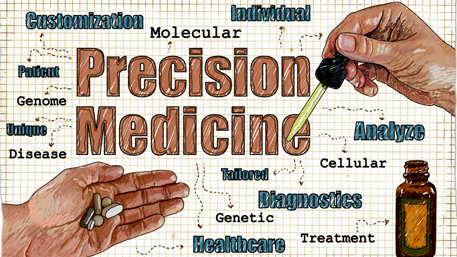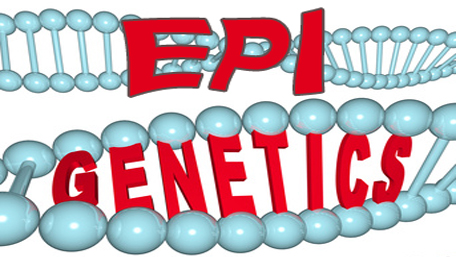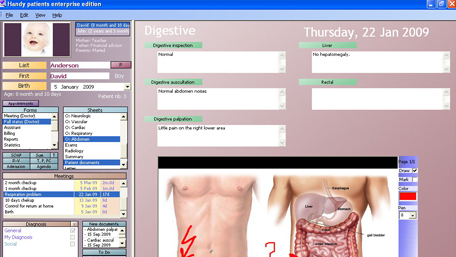
02/03/2023
Hot Topics of the Day are picked by experts to capture the latest information and publications on public health genomics and precision health for various diseases and health topics. Sources include published scientific literature, reviews, blogs and popular press articles.
Sign up MyPHGKB to receive the daily hot topic email alert.
Archived Hot Topics of the Day By Date
Multimodal deep learning of fundus abnormalities and traditional risk factors for cardiovascular risk prediction
YC Lee et al, NPJ Digital Medicine, February 2, 2023
Passive monitoring by smart toilets for precision health.
T Jessie Ge et al. Science translational medicine 2023 2 (681) eabk3489
Cell-free fetal DNA for genetic evaluation in Copenhagen Pregnancy Loss Study (COPL): a prospective cohort study
TS Hartwig et al, The Lancet, February 2, 2023
Defining genomic, transcriptomic, proteomic, epigenetic, and phenotypic biomarkers with prognostic capability in male breast cancer: a systematic review.
Subarnarekha Chatterji et al. The Lancet. Oncology 2023 2 (2) e74-e85
Global generalisability of AI-driven COVID-19 vaccination policies: a cross-sectional observational study
R Awasthi et al, MEDRXIV, February 2, 2023
Immunogenicity of the BA.1 and BA.4/5 Bivalent Boosts: A Brief Report of Preliminary Results from the COVAIL Randomized Clinical Trial
AR Branche et al, MEDRXIV, February 3, 2023
Psychiatry pharmacogenomics: Africans are not at the table.
Frances Adiukwu et al. The lancet. Psychiatry 2023 1 (2) 80
Epigenetic profile of Japanese supercentenarians: a cross-sectional study
S Komaki et al, The Lancet Healthy Longevity, February 2023
An innovative framework to determine the implementation level of personalized medicine: A systematic review
LA Cobos et al, Front in Public Health, February 3, 2023
Empowering underserved groups through access to electronic health records.
Aleena Hossain et al. BMJ (Clinical research ed.) 2023 1 247
Disclaimer: Articles listed in Hot Topics of the Day are selected by Public Health Genomics Branch to provide current awareness of the scientific literature and news. Inclusion in the update does not necessarily represent the views of the Centers for Disease Control and Prevention nor does it imply endorsement of the article's methods or findings. CDC and DHHS assume no responsibility for the factual accuracy of the items presented. The selection, omission, or content of items does not imply any endorsement or other position taken by CDC or DHHS. Opinion, findings and conclusions expressed by the original authors of items included in the Clips, or persons quoted therein, are strictly their own and are in no way meant to represent the opinion or views of CDC or DHHS. References to publications, news sources, and non-CDC Websites are provided solely for informational purposes and do not imply endorsement by CDC or DHHS.
- Page last reviewed:Feb 1, 2024
- Page last updated:Apr 25, 2024
- Content source:










